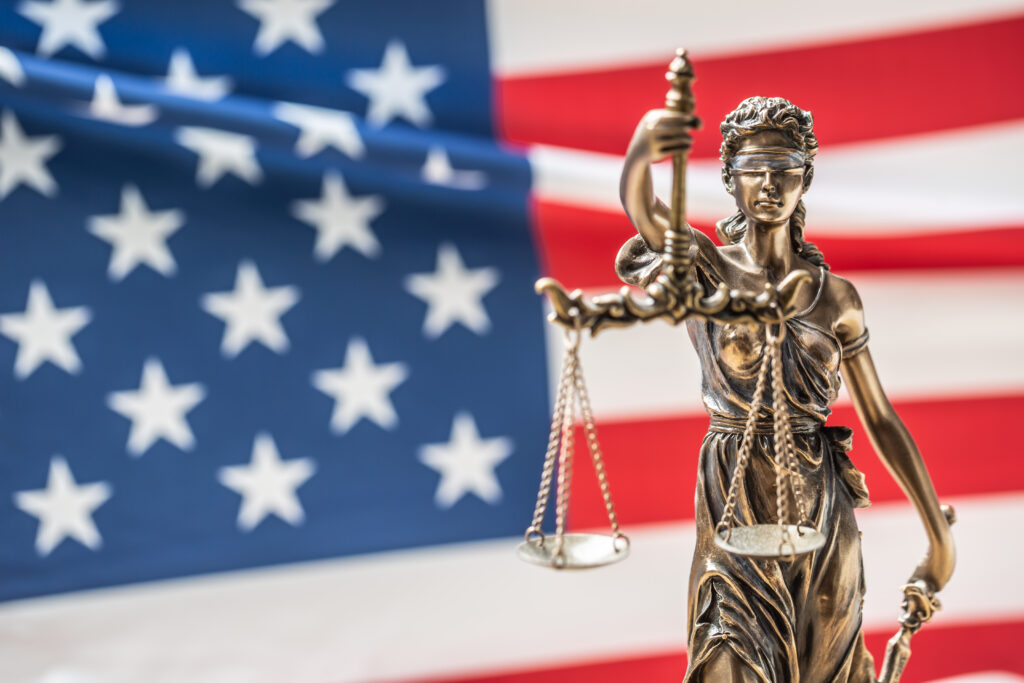UPDATE: On July 26, 2023, the U.K. Supreme Court ruled in a landmark decision that litigation funding agreements are unenforceable in U.S.-style class actions. The Court said funding agreements are the same as “damages-based agreements,” which are prohibited in U.K. opt-out class actions.
This decision is a huge victory for civil justice and claimants in class actions.
Lawmakers and courts in the U.S. should pay attention to this decision and push for more transparency when it comes to third party litigation funding.
Litigation funders face a serious threat to their business model if an upcoming decision by the UK Supreme Court does not go their way.
Truck maker DAF is attempting to strike out a pair of class actions against them over an alleged truck-pricing cartel. The two “opt-out” claims are backed by third party litigation funding (TPLF). Lawyers for DAF are arguing that the TPLF agreements, which give the funders a share of any award or settlement, are not enforceable as they violate UK law on damages-based agreements (DBAs).
DBAs, like contingency-fees, provide that a client will pay a percentage of any eventual award to their representative as their “fee” if the claim is successful. DBAs are prohibited in UK opt-out class actions. The issue before the Supreme Court is whether litigation funders qualify as a “representative” of the claimants. Under UK rules on DBAs, the term representative includes lawyers, as well as those providing “other services in relation to the making of the claim,” such as “financial services or assistance.”
DBAs are prohibited in opt-out class actions to protect the interests of consumers and defendants. DBAs mean another party has a financial stake in the outcome of the claim, which leads to conflicts of interest. For example, instead of focusing exclusively on whether the settlement provides restitution to claimants, the representative’s “cut” becomes part of any settlement discussion. This is especially problematic in collective litigation situations where individual consumers may not have the interest, knowledge or motivation to challenge the actions taken by lawyers and litigation funders ostensibly acting in the consumers’ interests.
It is now up to the Supreme Court to decide if litigation funders fall under the scope of DBAs and thus whether TPLF can legally be used in opt-out class actions.
If the Supreme Court rules in favour of DAF, it could render many of the 23 opt-out class actions currently before the UK Competition Appeals Tribunal unlawful, as many are backed by TPLF. Either way, it would significantly reduce some of the biggest money-making opportunities for the funders, as class actions brought on behalf of hundreds or even thousands of claimants mean million-pound settlements and thus huge fees for the funders.
In the event the Court rules in favour of the funders, then the British government must step in and regulate the litigation funding industry. To prevent litigation abuse and ensure adequate compensation for claimants, the government should consider the following safeguards:
- licensing of funders by a government agency;
- disclosure of funding agreements to all parties in litigation;
- prohibiting funder control over the proceedings;
- holding funders responsible for adverse costs in all cases;
- ensuring funders act in the best interests of the claimants; and
- making sure claimants—not funders—are paid first.
Without such a regulatory regime in place, litigation funders will continue to enjoy a litigation paradise where their actions are unscrutinized and profit is prioritized over justice.
To learn more about TPLF visit our page What You Need to Know About Third Party Litigation Funding.



